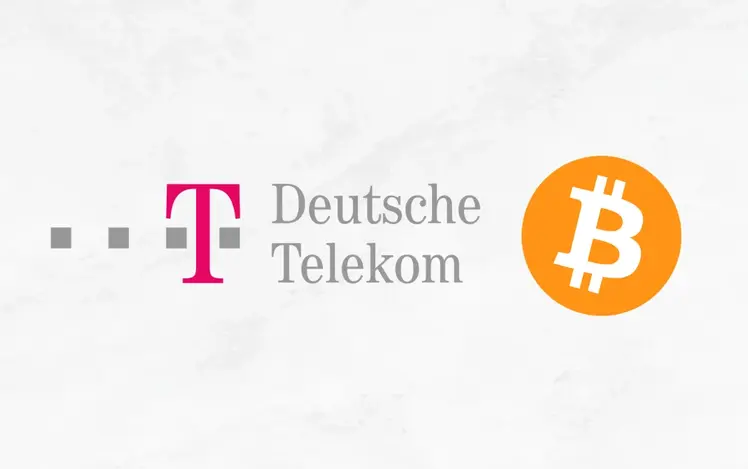Deutsche Telekom, the parent company of T-Mobile, has announced plans to enter the Bitcoin mining industry. This move by the major telecommunications giant has significant implications for the crypto market.
According to the search results, Dirk Röder, the Head of web3 infrastructure and solutions at T-Mobile's Telekom MMS, revealed the company's plans during the BTC Prague conference last week. Röder stated that Deutsche Telekom has been running Bitcoin and Lightning nodes since 2023 and will soon "engage in digital monetary photosynthesis," which is a reference to the company's plans to start mining Bitcoin.
The entry of a large corporation like Deutsche Telekom into the Bitcoin mining sector is noteworthy for several reasons. Firstly, it could enhance the security and stability of the Bitcoin network, as a major player with significant resources joins the mining ecosystem. Deutsche Telekom's participation could help make the network more robust and resistant to attacks.
However, the company's foray into Bitcoin mining also raises concerns about increased competition for existing miners. The mining industry has already been facing challenges, with the recent Bitcoin halving event reducing mining rewards by half and increasing the cost of mining. The addition of a well-resourced player like Deutsche Telekom could further intensify the competition, potentially squeezing out smaller miners who are already struggling.
It's worth noting that Deutsche Telekom has been actively involved in the broader digital assets sector for years. The company has been running validators on various blockchain networks, including Polygon, Ethereum, and its own Energy Web Chain, which is designed for the energy sector. This experience and expertise in the blockchain space likely contributed to the company's decision to enter the Bitcoin mining industry.
The announcement has been met with a mix of optimism and concern within the Bitcoin mining community. On the one hand, the participation of a major corporation like Deutsche Telekom is seen as a positive development, as it could enhance the network's security and stability. On the other hand, the potential impact on competition and the existing mining landscape is a source of concern.
It remains to be seen how Deutsche Telekom's entry into Bitcoin mining will play out and what the broader implications will be for the crypto market. As the mining sector continues to evolve, the actions of large corporations like Deutsche Telekom will undoubtedly shape the future of the industry.








